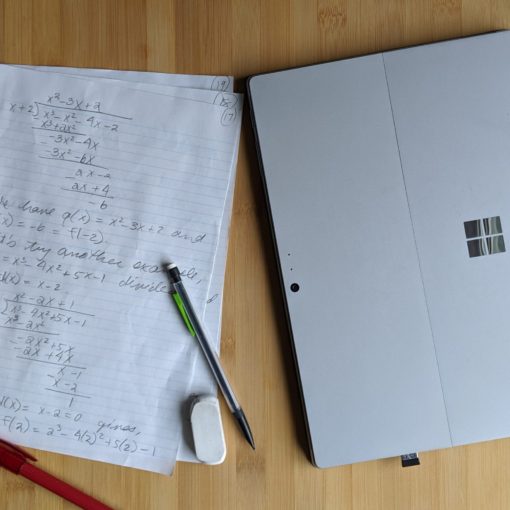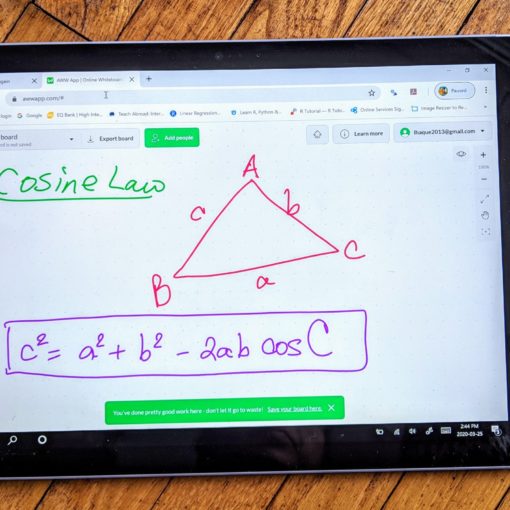You are a parent and an adult. You are using some aspect of math all the time. Counting, bill payments, sharing cake and cookies amongst multiple children so a fight doesn’t break out. You use some aspect of mathematics every day so you definitely can get involved in helping your child with their math education.
How to get involved in your child’s math education
- Don’t say you didn’t like math. That’s not helpful. Try and highlight the values and benefits of mathematics.
- Do try and help. If you can’t help directly, try and find help.
- First place to try is the school and the teacher.
- If that doesn’t help, then ask for a tutor. If the tutor they suggest isn’t meeting your and your child’s needs, then that’s not the tutor for you.
- Find out what your child is struggling with.
- Stay involved their progress or lack of. You know your child best and you have the most invested in your child.
- Don’t dump YOUR child’s problems with schoolwork and math onto someone else. No one else is going to care as much as you do on your child’s math education so don’t expect anyone else to bend over backwards to figure out why they are struggling.
There are many reasons why someone is struggling in math. Maybe there are other things going on in the child’s life.
Some reasons why student is struggling with mathematics
1. Not paying attention in class
This is tough because the reasons they aren’t paying attention in class could be anything. Maybe they are in the back of the class goofing of with friends; perhaps they are tired for some reason; maybe the class is that boring. I would suggest, find out and put the student in a spot in class where they can be seen by the teacher. If this is not possible, find out when they have the class and check their notes after each class for a few classes. If the student has notes, they at the very least they are taking notes so are paying a minimal amount of attention in class to write down notes. And yes, write down notes by hand. Don’t let them type them out. That’s not helpful. There is no copy and paste or googling during a test or exam.
2. Skipping class.
Find out quick and make the kid go to class. There is no math education happening if the child is no going to class!
3. Do not understand the teacher.
There are many ways to explain a subject and topic. The teacher is limited in time and cannot always find the time to find the best way to explain a topic to an individual student. This is unfortunately, the limitation of the school system. Fortunately, there are ways to overcome this. Individual tutoring is one way. More on individual tutoring below.
4. Learning disability.
Don’t always assume this or listen to anyone if they immediately say it’s a learning disability. In many cases it’s a teaching disability on the teacher’s part! That’s usually where #3 comes in.
5. Problem started a lot earlier and has snowballed into a bigger problem.
If the problem started a lot earlier, it can be tough to determine when. Usually it takes a few poor test scored to determine there is a problem. This is usually when the intervening starts and when things start hitting the fan and everyone goes into problem solving mode. Sometimes looking through class notes and seeing where the first poor mark started and what material was covered on the test that resulted in the poor grade. It’s most likely this material was the hurdle that never was fully overcome and has now snowballed into a larger hurdle. It’s not insurmountable, it’ll just take time. Get some extra help with the teacher, which may help or some external help and time dedicated to get up to speed again.
6. Student is not doing the homework.
Find out quick and make them do their homework. If they aren’t listening to you their parent that sucks. But this is where something scheduled like a tutor or study group where it’s time dedicated to homework under the supervision of an outside party may come in handy.
7. Student does not understand the material.
If the student genuinely doesn’t understand and is keeping up with everything else, then maybe some extra coaching or presentation of the material from a different source may be valuable. Having someone explain the material slower, in a different way, answer some of the student’s questions and try to unravel any confusions can make a big difference in understanding. Again, this is where introducing a private tutoring can be valuable.
8. It is something else.
This could be so many things, personal, family, physical, mental, emotional, so many possibilities. This requires more care and time to investigate and well worth it if you think this may be the reason the student is struggling in their studies.
Options for individual tutoring
Individual tutoring doesn’t always have to mean going outside and paying a tutor right away.
- It could mean you sit and help your child; having an older sibling help the student;
- maybe it’s a friend in the class who is understanding the material. These are all viable options before going the private tutor route. These option may be possible a few times, it may not be sustainable long term and consistency is usually the key.
- This is when a private external tutor can be valuable. It is their job to help and schedule it into their life. This is something to look into. Where do you find a private tutor? Raisemymarks.com has private tutors, so you’re in the right place!
Above we have been directing out attention towards elementary and high school math education. But university level students also struggle with the material for many of the same reasons. The only difference is we are dealing with adults, who are usually away from home for the first time or you, their parent, just don’t know what they’re up to at university because life gets busy and full very quickly. In most cases university or college students have to self monitor their progress and make these decisions about their progress for themselves. How do you know know what to look for in a private tutor? That’s a good question and another post.




